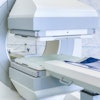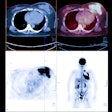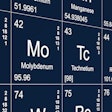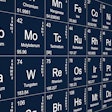The Society of Nuclear Medicine (SNM) said that taking steps to reduce the number of repeated nuclear and molecular imaging procedures -- such as by requiring technologist licensure -- could save an estimated $1.32 billion in Medicare spending over the next 10 years.
In its new report, "Imaging with CARE," SNM noted that an estimated 4% to 7% of nuclear and molecular imaging scans are repeated each year due to poor image quality. Because performing these scans on Medicare patients produces $2.4 billion in costs every year, this means Medicare is spending $132 million on avoidable imaging studies, SNM said.
Only 30 states and the District of Columbia have certification or licensure provisions for nuclear medicine and molecular imaging technologists that require them to be certified by a national credentialing organization. Twenty states do not regulate this profession at all, according to SNM.
As a result, SNM is supporting the Consistency, Accuracy, Responsibility, and Excellence in Medical Imaging and Radiation Therapy (CARE) bill, which has been introduced in the U.S. House of Representatives. The bill currently has 89 co-sponsors, and SNM expects that companion legislation will be introduced in the U.S. Senate.
If enacted, the bill will establish minimum education and certification standards for personnel who perform nuclear medicine and molecular imaging procedures. Institutions that provide medical imaging or radiation therapy to Medicare patients will be required to employ personnel who meet or exceed the standards set by the federal government, SNM said.
The society's report can be found here.




















